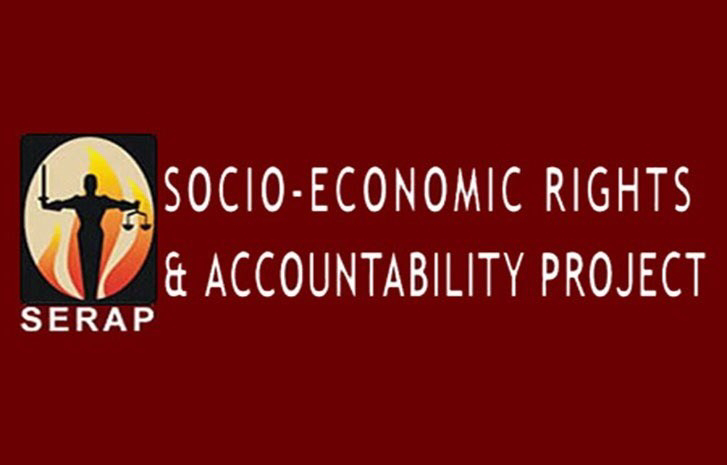SERAP Sues CBN Over New ATM Transaction Fees: A Fight for Economic Justice in Nigeria
The Socio-Economic Rights and Accountability Project (SERAP) has taken legal action against the Central Bank of Nigeria (CBN) over its recent decision to increase Automated Teller Machine (ATM) transaction fees. Filed at the Federal High Court in Lagos, the lawsuit seeks to halt the implementation of the controversial policy, which SERAP claims is "unlawful, unfair, and unjust."
This development has sparked nationwide discussions about the growing financial burdens on ordinary Nigerians amid economic hardship. In this article, we delve into the details of the lawsuit, the arguments from both sides, and the broader implications for Nigerians and the financial sector.
The Controversial Fee Hike
The CBN’s recent policy revision introduced higher fees on ATM transactions, including cash withdrawals and interbank transfers. While the apex bank has justified the move as part of a broader financial restructuring to improve banking services, critics argue that the timing and scale of the increase are problematic.
Many Nigerians, already grappling with inflation, rising fuel costs, and stagnant wages, see this as another layer of economic hardship. Small businesses and individuals who rely heavily on cash transactions have been particularly vocal about the negative impact.
SERAP’s Legal Standpoint
In its lawsuit, SERAP highlights several key points:
1. Violation of Socio-Economic Rights: SERAP argues that the fee hike disproportionately affects low-income Nigerians, violating their right to economic fairness and access to basic financial services.
2. Lack of Transparency: The organization accuses the CBN of failing to engage in proper public consultation before implementing the new fees. Transparency and accountability are crucial, especially when policies directly impact citizens' pockets.
3. Unjust Enrichment: SERAP claims the policy primarily benefits commercial banks and the CBN itself, effectively turning ATM services into profit-making tools at the expense of everyday Nigerians.
In a statement posted on its official X (formerly Twitter) account, SERAP wrote, “We’ve asked the Federal High Court in Lagos to stop the CBN from implementing and enforcing the patently unlawful, unfair, and unjust increase in ATM transaction fees. The increase only benefits the CBN and commercial banks at the expense of poor Nigerians.”
Public Reactions and Concerns
The lawsuit has been met with widespread public support. Social media platforms have become battlegrounds for heated debates, with many users using hashtags like #StopATMFees and #CBNPolicy to voice their frustrations.
Some Nigerians see the legal challenge as a beacon of hope in a system where financial policies often seem disconnected from the realities faced by ordinary citizens. Others argue that the government and its institutions need to do more to ease the economic burdens, especially in light of the country’s ongoing struggles with poverty and unemployment.
What’s Next? The Legal and Economic Implications
If SERAP’s lawsuit is successful, it could set a precedent for increased scrutiny of financial policies and greater public involvement in decision-making processes. It may also compel the CBN to reconsider not just ATM fees but other hidden charges that continue to frustrate bank users.
However, if the court sides with the CBN, it could embolden further policy changes that prioritize institutional profits over public welfare. Either way, the case highlights the growing tension between regulatory authorities and civil society organizations advocating for transparency and fairness.
A Call for Accountability
SERAP’s legal action is not just about ATM fees—it’s a broader call for economic justice and accountability. In a country where millions live below the poverty line, every extra fee matters. This case shines a light on the critical need for policies that prioritize the well-being of Nigerians over the financial interests of big institutions.
As this legal battle unfolds, all eyes will be on the Federal High Court in Lagos, where a decision could either protect millions of Nigerians from unfair charges or open the door for more aggressive banking policies.
What are your thoughts on the CBN’s new ATM fees? Do you think SERAP’s lawsuit will bring meaningful change? Share your views in the comments below and follow Insight by Oppy for more updates on this developing story.




Comments
Post a Comment